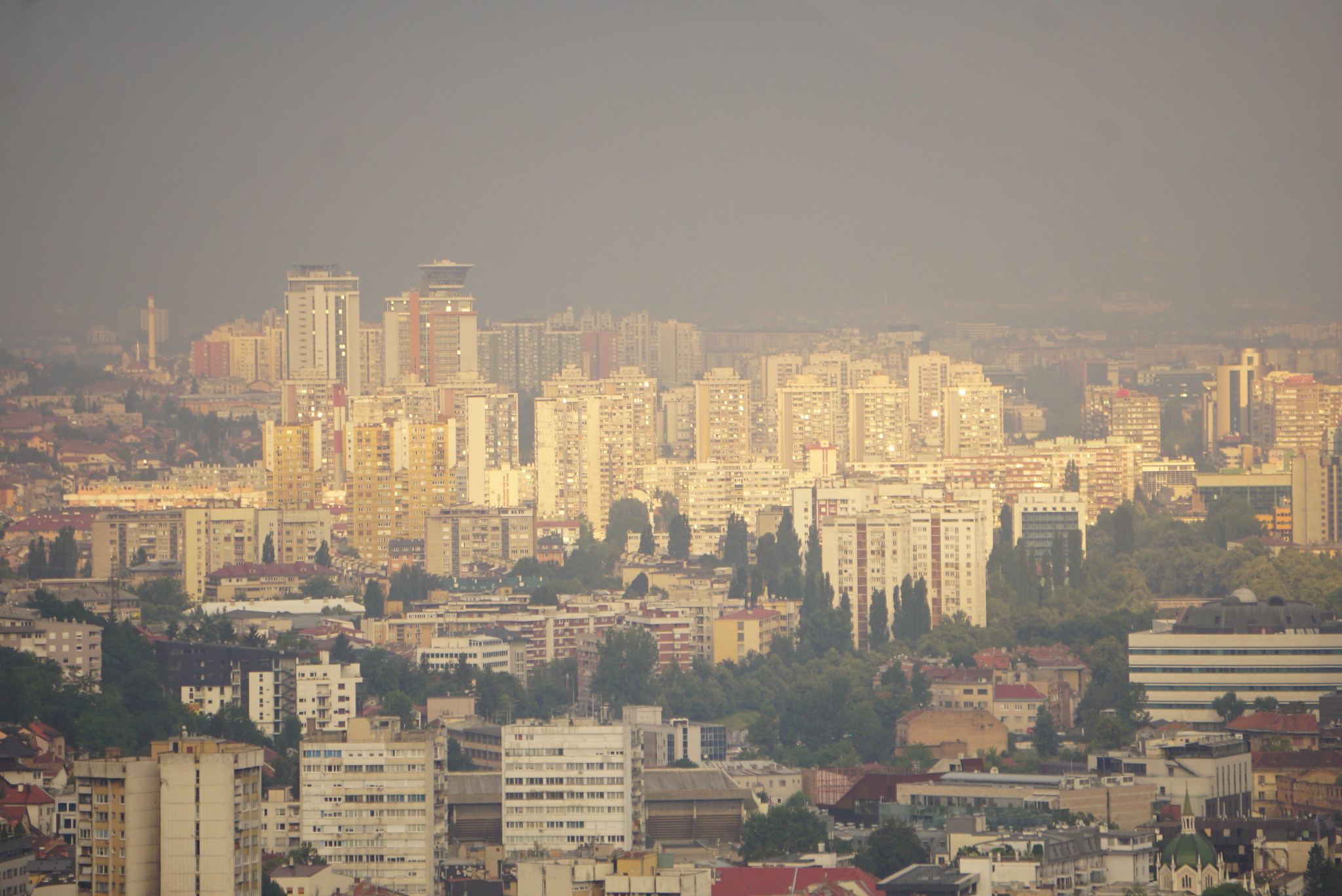
More than 100 participants took part of the first meeting, where the Working Groups came together on BiH state level, joining from the different thematic areas of the ESAP (Water; Waste; Biodiversity and Nature Conservation; Air Quality, Climate Change and Energy; Chemical Safety and Noise; Resource Management; Environmental Management). It was nerve wracking, since this was probably the first time to arrange such a large digital meeting in the political history of BiH.
The desired outcome of the meeting was to discuss key challenges and objectives of the above-mentioned environmental areas, all forming a part of the environmental strategy and action plan.
Ljiljana Lovrić, Deputy Minister at the MoFTER, opened the meeting, mentioning how this will become a key document for BiH and how the project itself is organized:
”After the bilateral agreement was signed between the Swedish Embassy and SEI in October 2019, the project started. There are three important phases: Initially there was the inception phase, where we established project experts and the steering board etc. The second phase is where we are now: developing the environmental strategy and action plan at all levels of BiH. The third phase is the delivery of the document to all levels of authorities in BiH.”
Bernardas Padegimas, project manager of the BiH ESAP 2030+, described the structure in more detail for the participants and highlighted the importance of bringing in gender, poverty and social inequality:
“We have to make sure that we sincerely take into account gender, poverty and social inequality, (in short GESEP), in the project. Doing so, our hope is that we ensure, through the implementation of the this policy document, that GESEP actions will be mainstreamed in Bosnia and Herzegovina.”
He also explained why it is important to have a broad participation from society, and we that there are members from different sectors and professions; from academia, from business and public authorities in each group.
A brief overview of thematic group air quality, climate and energy
The group focusing on air quality, climate change and energy is one out of 7 working groups and here follows a brief overview of some of the things they discussed. Professor Azrudin Husika, together with Professor Goran Trbić, lead the Working Group on air quality, climate and energy, and Dr. Husika facilitated the meeting. It is a broad theme with many issues and concerns to take into account. 23 participants were present at the meeting. As a start, the participants were given an overview of the situation analysis that has been done for the thematic area.
“We know that climate change is here and that it affects BiH and surrounding Balkans. We have increased precipitation, storms, flooding, droughts. Every year we have drought or floods.
We have developed climate change scenarios that tell us that these extremes will intensify at the end of this century. That is why climate change needs to be fully integrated in this strategy.” – Professor Goran Trbić
Some of the main problems
The participants highlighted polluted air, especially during winter, as one of the most urgent environmental problem in Bosnia and Herzegovina. The main cause of this problem is the burning of poor quality fuels, especially coal with high sulphur content. Addressing this problem needs to take into account that energy poverty is a critical challenge in the country, because it means that many residents cannot afford to access cleaner fuels, district heating and heating on natural gas, heat pumps, or modern biomass technologies. Problems with spatial planning and illegal construction of houses without appropriate thermal insulation also add to this challenge.
Another issue raised was the limited monitoring of air quality and emission reporting system. Large areas of BiH are not covered by air quality monitoring stations.
There is also a lack of capacities for implementation of existing legal requirements as well as inspections and control of whether BiH is meeting the requirements prescribed by environmental permits.
This round of WG meeting did not have much time to focus on objectives (sub-goals in the future ESAP), however, some participants mentioned that education and raising public awareness should be one of the ultimate targets. Others argued that transposition of EU directives to domestic laws should be seen as objectives.
What happens now?
By October 9, the members will share draft proposals for challenges, objectives and measures for the ESAP. The second WG meeting will be held by mid-November. Dr. Husika is looking forward to the continuation and explains what will be important in the next round:
“We will put emphasis on transforming identified challenges into objectives and measures at the next WG meeting. We will dedicate proper focus time for each sub-topic to make sure we can go more in-depth. Proposals of the objectives and measures which will be submitted prior to the second WG, which will then be discussed in order to create a priority list of objectives and related measures.”







